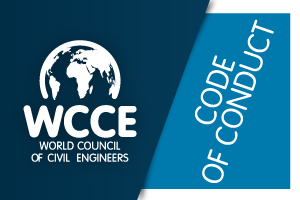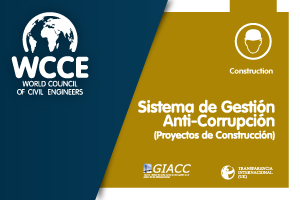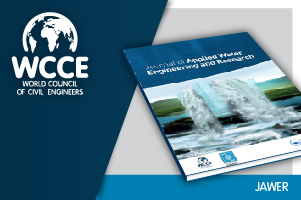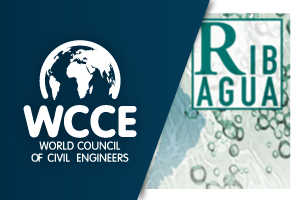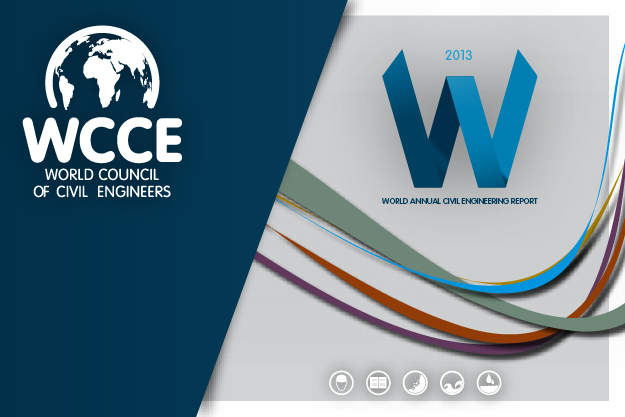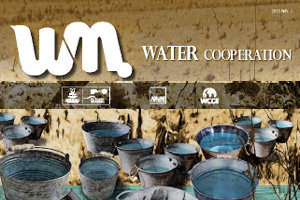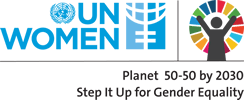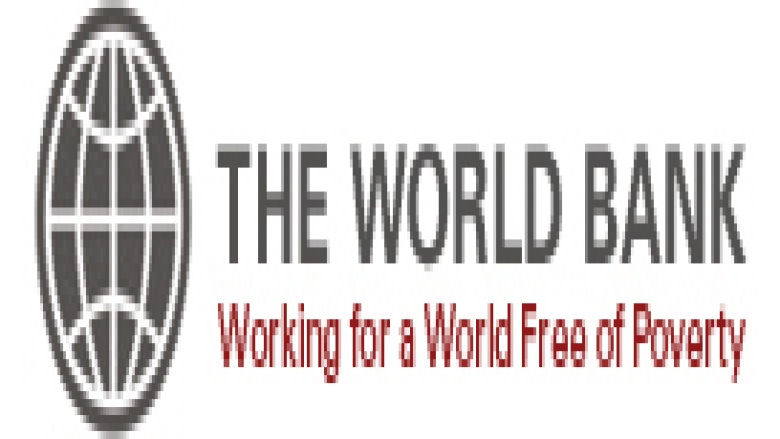 WASHINGTON, May 21, 2013 – The World Bank launched today Phase II of its Water Partnership Program (WPP), a joint partnership between the World Bank and the Governments of several other countries with an initial contribution of US$40 million.
WASHINGTON, May 21, 2013 – The World Bank launched today Phase II of its Water Partnership Program (WPP), a joint partnership between the World Bank and the Governments of several other countries with an initial contribution of US$40 million.
Building on past successes, Phase II represents a bolder effort to strengthen the role of water as a key platform for development and growth, and to support the World Bank’s vision for water. Working at the nexus of water with food, energy, environment, and human development, Phase II will help countries to become resilient to climate change and achieve their development objectives by improving water management and water services.
“Water is the primary medium through which climate change will impact people, economies, and ecosystems”, said Rachel Kyte, Vice President of the World Bank’s Sustainable Development Network. “In this context, the challenge of water security is greater than we think. If we do not act now, hundreds of millions of people will be at greater risk of food and energy shortages, disease and poverty. This new phase of our Water Partnership Program will enable us to be more proactive in offering smart, innovative solutions to help countries build resilience and protect their people and economies.”
Water has been going through unprecedented pressures with growing populations and economies increasing its demand while degrading its quality. By 2050, feeding a planet of 9 billion people will require a 60 percent increase in agricultural production and a 15 percent increase in water withdrawals. Experts estimate that water consumption for energy generation will increase by 85% over the next two decades.
Climate change is expected to worsen the situation by increasing variability of water supplies. Water-related disasters such as floods, hurricanes, and droughts, which accounted for US$2.6 trillion of the total US$3.5 trillion losses recorded over the past 30 years, will increase in frequency and intensity. In a hotter world, water stress will surge in areas around the world. People living in deltas – about 500 million people – and people in monsoonal basins – about 1 billion people – are especially vulnerable.
At the same time, growing cities will need to provide services to 70 million more people each year over the next 20 years; yet, 783 million and 2.5 billion people remain without access to safe water and adequate sanitation, respectively. Without adequately managing water resources and improving water services, countries will not be able to achieve water security and inclusive green growth.
The launch of the WPP in 2009 was part of the World Bank’s response to the global water challenges. Phase I of the program funded over 200 activities in more than 60 countries, which are influencing and supporting around US$11.5 billion in World Bank financing. WPP’s support to water supply and sanitation lending is benefiting the lives of nearly 52 million people, 17 million of which are in Africa. Phase I also paved the way for more work to be done in areas such as in climate change adaptation, integrated urban water management, and the nexus of water with food and energy.
Phase II will enable the World Bank to offer more innovative advice to countries to help them tackle complex water security challenges. Phase II:
Introduces a new multi-year and multi-sectoral focus on strategic deltas, basins and countries.Includes specialized global programs on i) Disaster Risk Management, to improve water hazard-related management of disaster risk, and ii) Remote Sensing, to promote the use of relevant technologies in water resources management.Supports a flagship initiative on the water-energy nexus, to help countries understand trade-offs and synergies between the two sectors and plan investments.Includes a new Results Framework to measure progress and impact.“Investing in longer-term, cross-sectoral interventions in priority areas around the world will enable more meaningful results,” said Julia Bucknall, Water Manager in the World Bank. “For example, designing our approaches at the basin level will not only allow us to bring water services to people but also put water at the center of energy planning, food security and the protection of the environment”.
WPP donors have expressed their satisfaction with the Program’s progress and their support for the efforts planned under Phase II to position water at the center of the post-2015 development agenda.
The WPP is a multi-donor trust fund formed by the merger of two previous programs - the Bank-Netherlands Water Partnership (BNWP) on water resources management and the Bank-Netherlands Water Partnership (BNWP) on water supply. It finances activities in all World Bank regions and water sub-sectors. The WPP also supports a Water Expert Team (WET), a technical support service that mobilizes high-level global expertise to address complex water challenges in World Bank operations.


